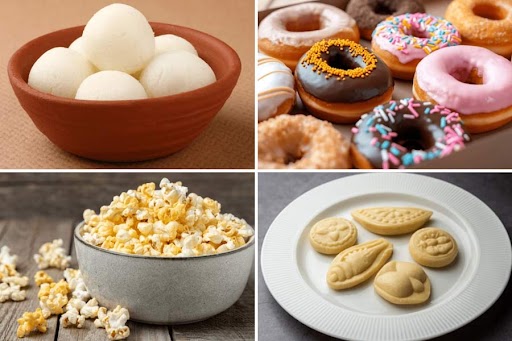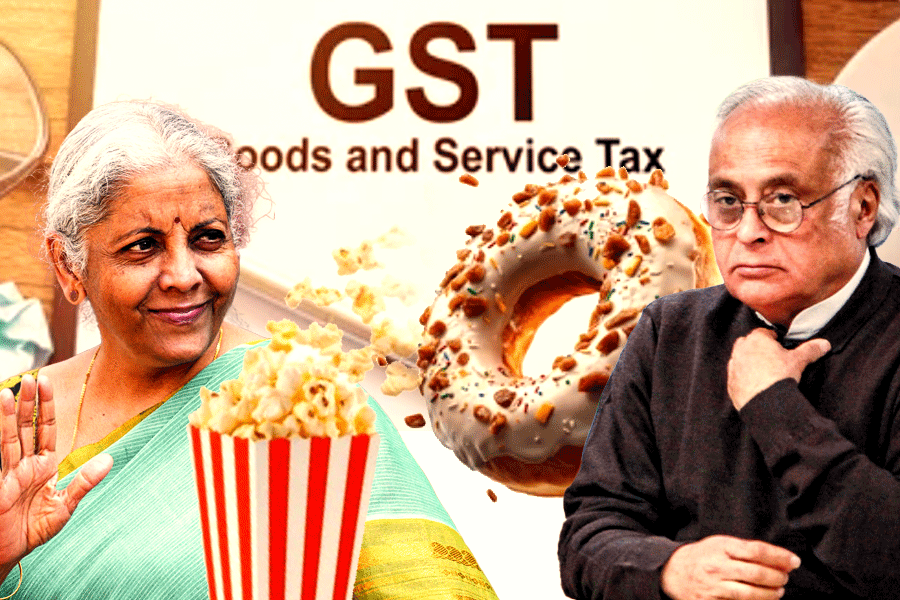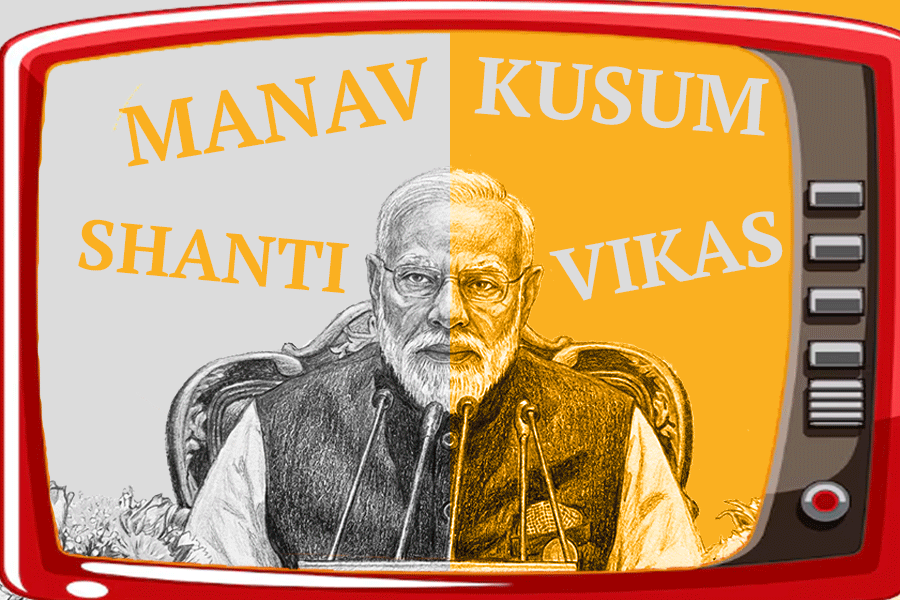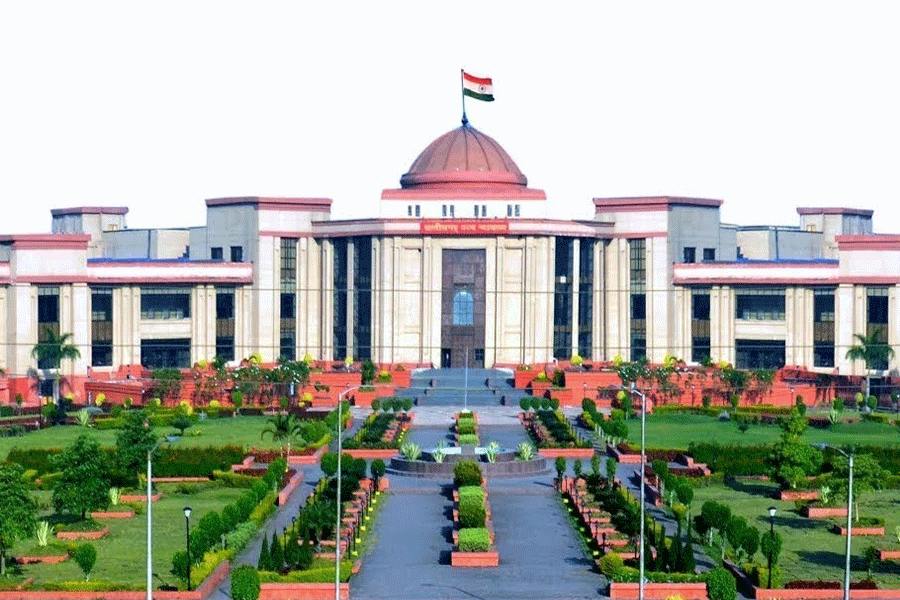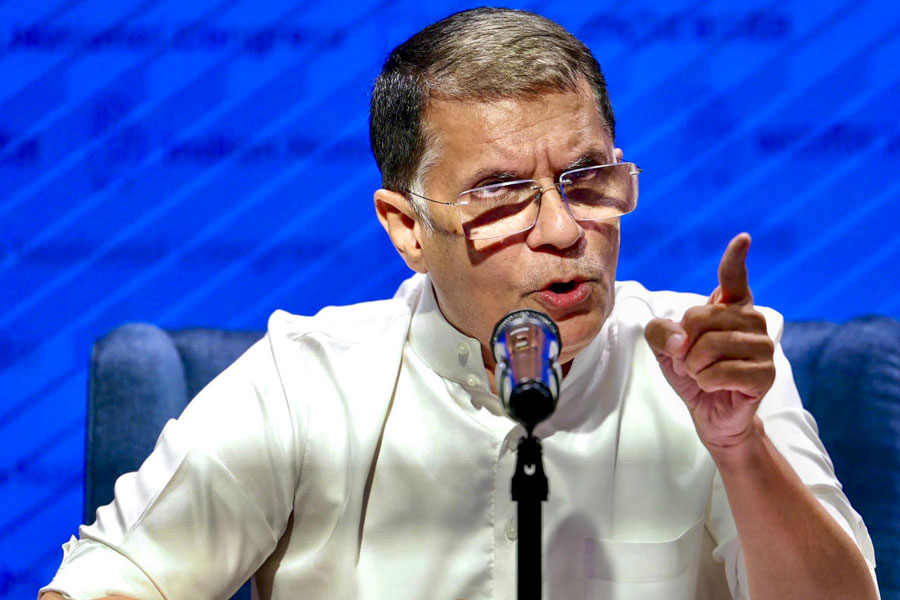In India, food is more than just sustenance. It's also about culture, nostalgia, and emotion. But now also a complicated math problem because it is hard to escape the government’s tax net.
On Saturday, the Congress took a dig at the Modi government’s GST policies, calling out the latest victim of “GSTitis.”
Congress leader Jairam Ramesh cited how Singapore-based dessert chain Mad Over Donuts is facing a Rs 100-crore tax notice for allegedly misclassifying its business.
The bakery claims it falls under the 5 per cent GST bracket as a restaurant service, but tax authorities insist that it should be paying 18% per cent GST, like bakery items.
The case is now in the Bombay High Court.
"After popcorn, it is now the turn of donuts to get afflicted by GSTitis," Ramesh wrote on X.
The donut tax controversy is just the latest in a long list of GST oddities.
A small change in packaging, preparation, or garnish can send tax rates soaring.
Popcorn, for example:
Under GST, popcorn mixed with salt and spices is classified as namkeen and attracts a 5 per cent tax. When it is pre-packed and labelled, the rate is 12 per cent.
All sugar confectionery, other than a few specified items, attract 18 per cent GST, and hence, caramelised popcorn attracts an 18 per cent rate.
The logic? The government classifies loose popcorn as a ready-to-eat food item, whereas packaged popcorn falls under processed food, which attracts higher tax.
Sweet, sugary things came under the tax wrath earlier as well.
Back in 2017, when Arun Jaitley was the Union finance minister, Bengal’s rosogolla invited 5 per cent GST. But if it was chocolate flavoured, the GST would go up to 28 per cent. A tinned can of rosogolla was under the 18 per cent GST bracket.
And savouries weren't safe either . Even the garnish mattered.
Snacks such as kachori or singara fell in the 12 per cent GST tax slab. But again, if it was packed, the GST would shoot up to 18 per cent.
Similarly, 18 per cent tax was proposed under the GST on traditional achaar (pickle) and murabba as well back in 2017.
That year, Kolkata’s famous sweet shops shut down in protest after GST was imposed on traditional sweets.
Finance minister Nirmala Sitharaman has been at the centre of GST-related jokes before. After the GST council meeting last year, social media erupted with memes.
One user wrote on X: 5% GST on salted popcorn if not pre-packaged, 12% on pre-packaged, and 18% on caramel popcorn. What next? "GST on drinking water—5% if you sip, 12% if you gulp, 18% if you spill!”.
Another image depicted Sitharaman on a hill of gold coins, with citizens offering her popcorn, mocking the steep popcorn tax. The post meant: “18% GST on caramel popcorn, might as well trade it for gold.”
But for business owners, especially small and local sweet shops, this is no laughing matter. The unpredictability of food taxation has made compliance difficult, with tax disputes often dragging on for years.
The Congress has been demanding ‘GST 2.0’ a complete overhaul of the system to eliminate its inconsistencies.
Last December, the party called out the “absurdity” of three different tax slabs for popcorn, arguing that the system has only become more complex.

